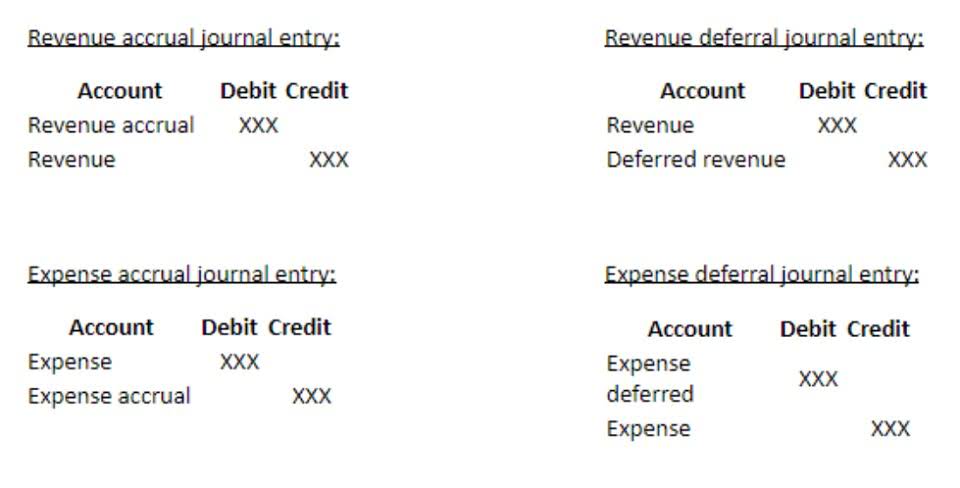
Experts gather data and create computer applications to manage the data that they collected. They subsequently present their findings either in writing, through face-to-face visual presentations, or both. For example, much of forensic medicine is about trying to determine how and when a corpse died.
Analytical techniques
Once evidence of wrongdoing is uncovered, forensic accountants can help build a strong case for legal proceedings. This involves quantifying the financial losses incurred and tracing the flow of misappropriated funds. Forensic accountants must comply with the Federal Rules of Evidence, which govern the admissibility of expert testimony and documentation. They also align their reports with court requirements, such as the Daubert standard, which evaluates the relevance and reliability of expert testimony. Clear, well-supported findings are essential for legal professionals to make informed decisions based on the evidence presented. The final step in a forensic accountant’s work is preparing and presenting findings to legal entities.
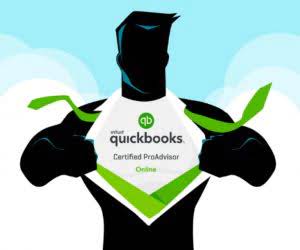
Skills of a Forensic Accountant: Beyond Numbers
- Forensic accountants collect and analyze financial data, records, and transactions.
- Forensic accounting is an essential field that combines accounting, auditing, and investigation skills to uncover financial fraud and misconduct.
- As businesses increasingly adopt digital solutions, forensic accountants rely on technology to assist their investigations.
- This investigative role helps law enforcement agencies and corporate boards take appropriate action against perpetrators and recover lost funds.
- Historically, the roots of forensic accounting can be traced back to ancient civilizations, where financial records were scrutinized for discrepancies.
- The demand for forensic accounting services is rising, with accounting firms increasingly offering this speciality.
- Financial accounting primarily concerns preparing financial statements that accurately reflect a company’s financial performance.
Forensic auditing is https://www.bookstime.com/articles/what-is-bookkeeping a specialization within accounting, and is often required when there is suspicion of fraud, embezzlement, or other financial crimes. However, advancements in data analytics, artificial intelligence, and blockchain technology will empower forensic accountants to detect and investigate financial misconduct with greater precision and efficiency. Moreover, as financial crimes evolve, so will the methods and tools used to combat them. Therefore, businesses need to be ready to handle the future demands in finance and accounting and maintain financial integrity. Forensic accounting is a specialized accounting branch that investigates financial discrepancies, fraud, and financial misconduct within organizations. It plays an important role in assisting businesses, government agencies, and legal authorities in addressing financial crimes and maintaining the integrity of financial reporting.
- Considering the increasing complexity of financial crimes, the demand for skilled forensic accountants is on the rise.
- This could be anything from unusual accounting entries to unexpected fluctuations in inventory levels.
- Determining the value of shares, businesses, partnerships, intangibles, etc in dispute, lost or destroyed.
- A forensic accountant needs a bachelor’s and master’s in either accounting, forensic accounting, finance, or other related streams.
- Forensic accounting applies scientific techniques and accounting principles to detect fraudulent activities.
- Forensic accountants also tend to make more than a typical accountant; ZipRecruiter reports the average forensic accountant salary is $93,527.
Provide Litigation Support
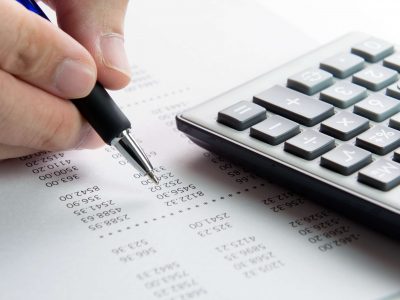
The CFE credential ensures forensic accountants have advanced knowledge of typical fraud schemes and data analysis techniques so that they can perform investigations efficiently and strategically. Our team of experienced forensic accountants are well-versed in preparing Part 35 Expert Reports following the UK Civil Procedure Rules (CPR). These reports provide an independent and professional analysis of financial matters tailored to meet the specific requirements of the court. Our attention to detail, adherence to guidelines, and commitment to objectivity ensure that our reports are of the highest quality and can be relied upon in legal proceedings. Feel free to contact us for more information on how we can assist you with your Part 35 Expert Report forensic accounting definition needs.
- Their ability to break down complex financial information into understandable terms is invaluable in court proceedings, where the outcome often depends on how well the financial evidence is presented.
- It describes the role of the forensic accountant in the abstract, as an inclusive profession that at its core bridges that gap between perception and reality.
- They gather financial proof, create computer programmes to manage the information gathered, and offer their conclusions in reports or presentations.
- The Fraud Triangle theory, which considers opportunity, pressure, and rationalization, offers insight into motivations behind fraudulent behavior.
- They value assets such as real estate, businesses, and investments and assess income and expenses for spousal support determinations.
- The global interconnectedness of businesses will make them vulnerable to international financial crimes and increase the demand for forensic accounting expertise.
Evidence Gathering
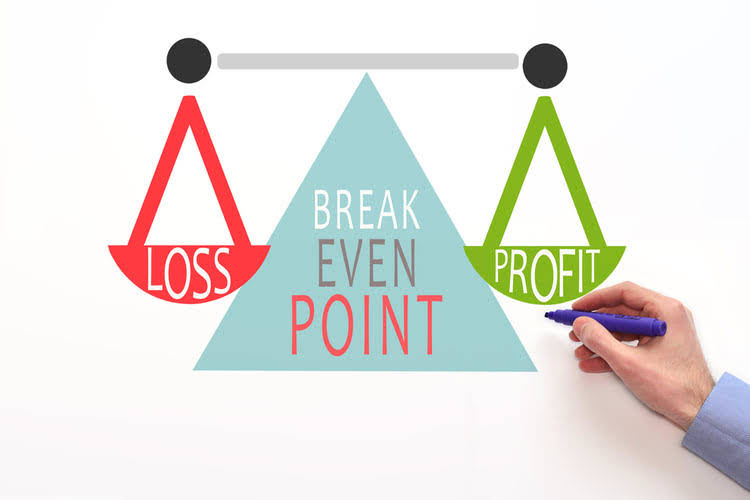
To get into forensic accounting, you’ll need the right education, certifications, and technical and soft skills. While not required, becoming a certified fraud examiner (CFE) can enhance your resume and show employers you’re dedicated to this profession. To become a CFE, you’ll need to pass an exam administered by the Association of Certified Fraud Online Accounting Examiners (ACFE), have joined the ACFE, and have at least two years of professional experience. There is a broad range of career options that exist for accountants who want to get into forensic accounting. Depending on the client being represented and the nature of the trial, the work and responsibility can be distinctly different. For example, working on a personal divorce versus the Enron scandal would be vastly different.
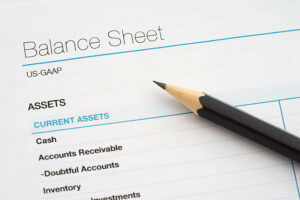
A forensic accountant needs a bachelor’s and master’s in either accounting, forensic accounting, finance, or other related streams. Some accountants acquire Certified Forensic Accountant (CRFAC) certification issued by the American Board of Forensic Accounting. Other certifications include Certified Fraud Examiner (CFE) and Certified in Financial Forensics (CFF). Learn more about forensic accounting and the necessary skills and education needed to become a forensic accountant. Career paths into the position can vary, but they typically require several years of traditional audit experience at a public accounting firm. There are various professional accreditations that accountants can obtain to further a career in forensic accounting.
